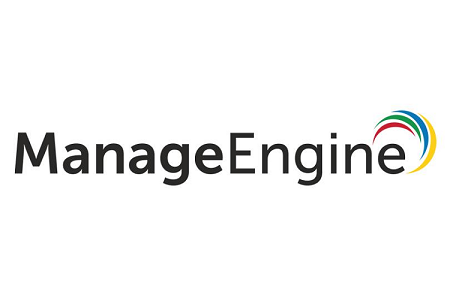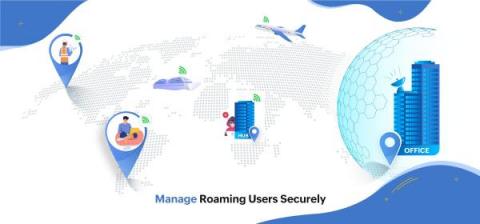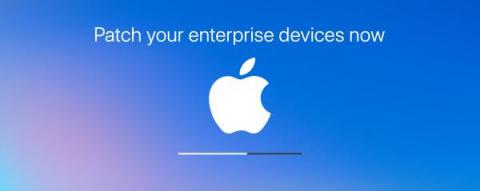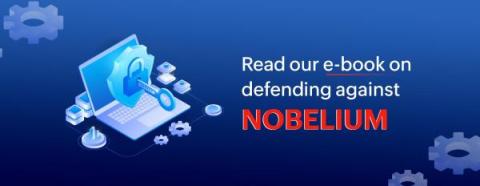Conti ransomware incapacitates Costa Rica's government: The FBI, CISA, the NSA, and Secret Service recommend mitigation strategies
Weeks after President Rodrigo Chaves Robles became Costa Rica’s 49th president, he had to tackle the country’s largest cyberattack ever. Costa Rica declared a state of emergency following a series of detrimental ransomware attacks carried out by the Conti ransomware gang.











